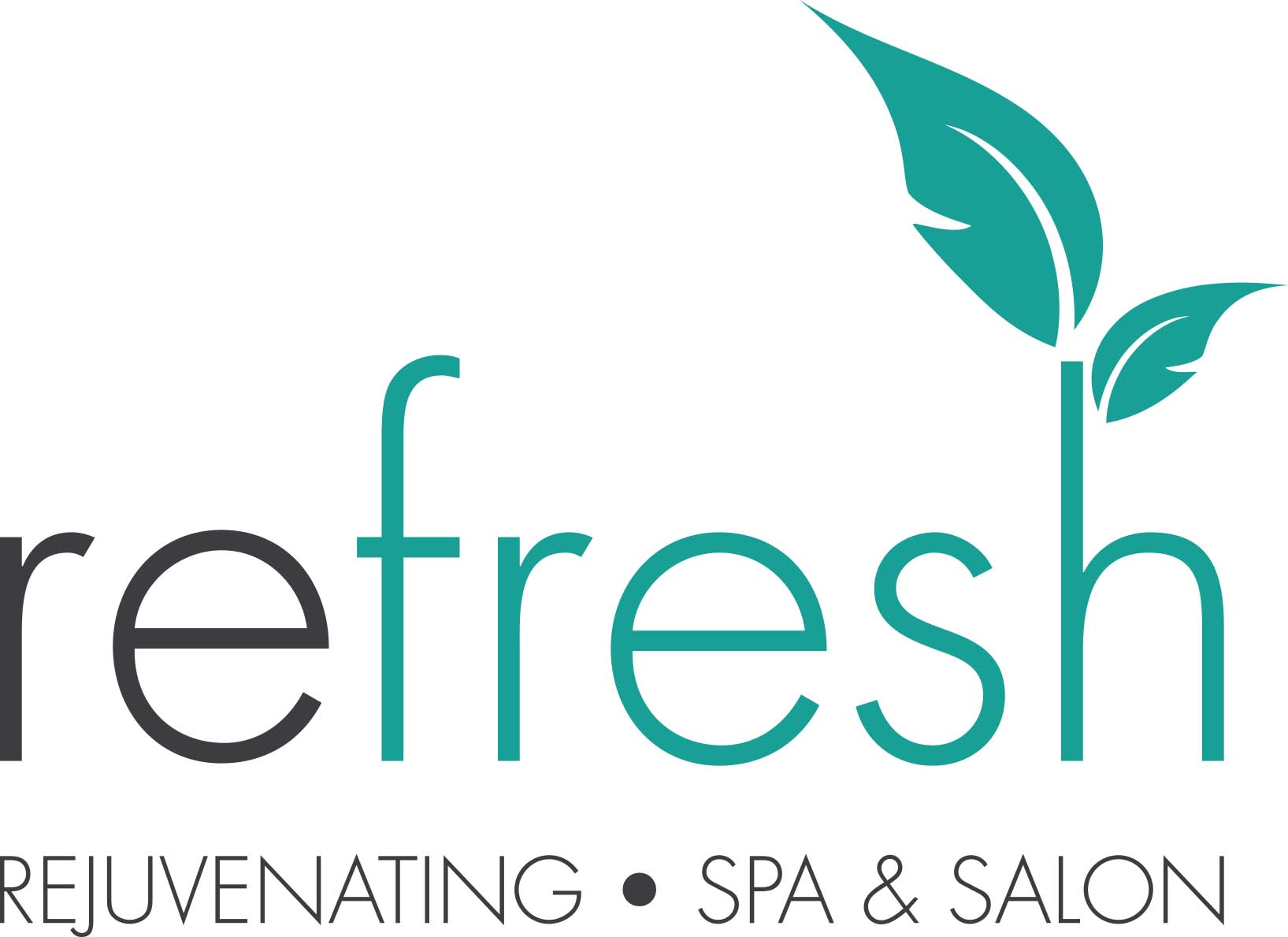
Did you know 1 in 8 women in the United States will be diagnosed with breast cancer in her lifetime?
Each year it is estimated that over 252,710 women in the United States will be diagnosed with breast cancer and more than 40,500 will die. Although breast cancer in men is rare, an estimated 2,470 men will be diagnosed with breast cancer and approximately 460 will die each year. Over 3.3 million breast cancer survivors are alive in the United States today.
In honor of October being Breast Cancer Awareness month, we will be blogging information about breast cancer once a week.
What is Breast Cancer?
Cancer is a broad term for a class of diseases characterized by abnormal cells that grow and invade healthy cells in the body. Breast cancer starts in the cells of the breast as a group of cancer cells that can then invade surrounding tissues or spread (metastasize) to other areas of the body.
Cancer begins in the cells which are the basic building blocks that make up tissue. Tissue is found in the breast and other parts of the body. Sometimes, the process of cell growth goes wrong and new cells form when the body doesn’t need them and old or damaged cells do not die as they should. When this occurs, a build up of cells often forms a mass of tissue called a lump, growth, or tumor.
Breast cancer occurs when malignant tumors develop in the breast. These cells can spread by breaking away from the original tumor and entering blood vessels or lymph vessels, which branch into tissues throughout the body. When cancer cells travel to other parts of the body and begin damaging other tissues and organs, the process is called metastasis.

Risk Factors

Genetic Factors
• Gender: Breast cancer occurs nearly 100 times more often in women than in men.
• Age: Two out of three women with invasive cancer are diagnosed after age 55.
• Race: Breast cancer is diagnosed more often in caucasian women than women of other races.
• Family History and Genetic Factors: If your mother, sister, father or child has been diagnosed with breast or ovarian cancer, you have a higher risk of being diagnosed with breast cancer in the future. Your risk increases if your relative was diagnosed before the age of 50.
• Personal Health History: If you have been diagnosed with breast cancer in one breast, you have an increased risk of being diagnosed with breast cancer in the other breast in the future. Also, your risk increases if abnormal breast cells have been detected before (such as atypical hyperplasia, lobular carcinoma in situ (LCIS) or ductal carcinoma in situ (DCIS)).
• Menstrual and Reproductive History: Early menstruation (before age 12), late menopause (after 55), having your first child at an older age, or never having given birth can also increase your risk for breast cancer.
• Certain Genome Changes: Mutations in certain genes, such as BRCA1 and BRCA2, can increase your risk for breast cancer. This is determined through a genetic test, which you may consider taking if you have a family history of breast cancer. Individuals with these gene mutations can pass the gene mutation onto their children.
• Dense Breast Tissue: Having dense breast tissue can increase your risk for breast cancer and make lumps harder to detect. Several states have passed laws requiring physicians to disclose to women if their mammogram indicates that they have dense breasts so that they are aware of this risk. Be sure to ask your physician if you have dense breasts and what the implications of having dense breasts are.
Environmental and Lifestyle Risk Factors
• Lack of Physical Activity: A sedentary lifestyle with little physical activity can increase your risk for breast cancer.
• Poor Diet: A diet high in saturated fat and lacking fruits and vegetables can increase your risk for breast cancer.
• Being Overweight or Obese: Being overweight or obese can increase your risk for breast cancer. Your risk is increased if you have already gone through menopause.
• Drinking Alcohol: Frequent consumption of alcohol can increase your risk for breast cancer. The more alcohol you consume, the greater the risk.
• Radiation to the Chest: Having radiation therapy to the chest before the age of 30 can increase your risk for breast cancer.
• Combined Hormone Replacement Therapy (HRT): Taking combined hormone replacement therapy, as prescribed for menopause, can increase your risk for breast cancer and increases the risk that the cancer will be detected at a more advanced stage.
These do not cause breast cancer
• Breast cancer is not contagious; you can’t contract cancer from a person who has the disease.
• Breast cancer is not caused by wearing underwire bras, implants, deodorants, antiperspirants, mammograms, caffeine, plastic food serving items, microwaves, or cell phones, as myths often suggest.
Next week we will give information on signs & symptoms and different methods of diagnosis.
For more information: http://www.nationalbreastcancer.org/about-breast-cancer
